Seeking Truth and Innovating: This is the Academic Youth of HKUST(GZ)
Today is Youth Day, also known as May 4th, and at HKUST(GZ), there is a special group of academic youth.
They have big dreams and work hard to achieve them, even if it means facing challenges along the way.
Let's take a moment to listen to their inspiring stories.

Function Hub
Liu Yi: The 'Highway Scientific Investigation' that covers the Pearl River region
For 86 days spanning from December 2022 to April this year, covering 6 provinces and a total distance of 15,273 kilometers, Assistant Professor Liu Yi, from the Earth, Ocean and Atmospheric Sciences Thrust (EOAS), led a research team to complete a scientific investigation of the Pearl River basin during the dry season.
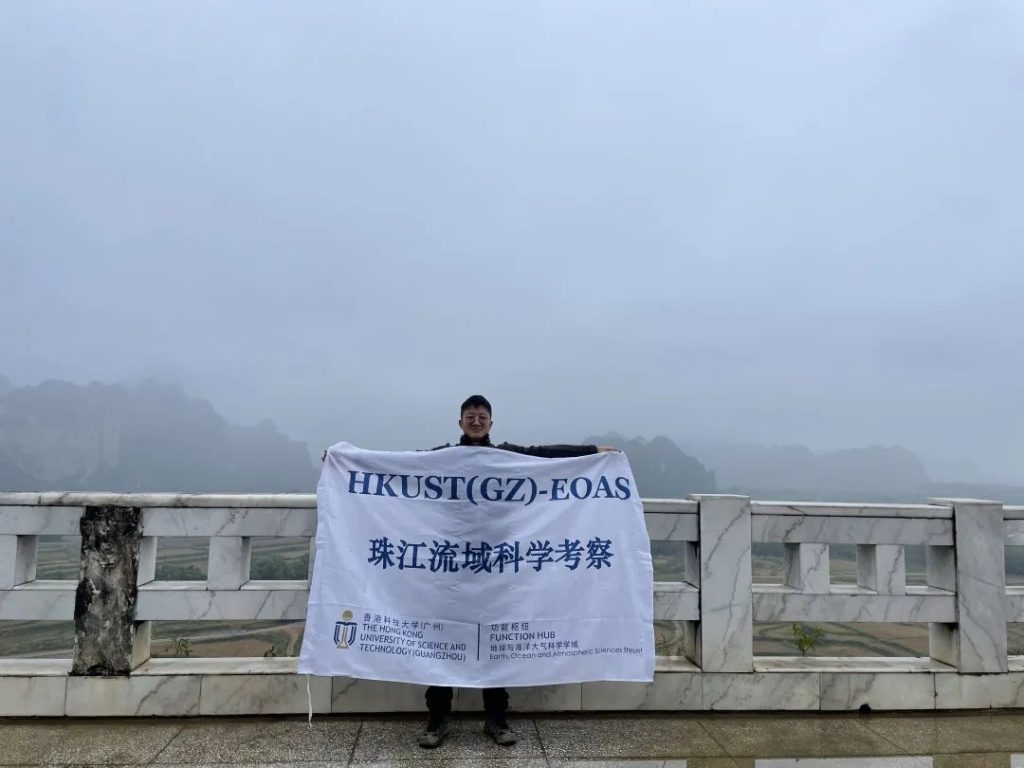
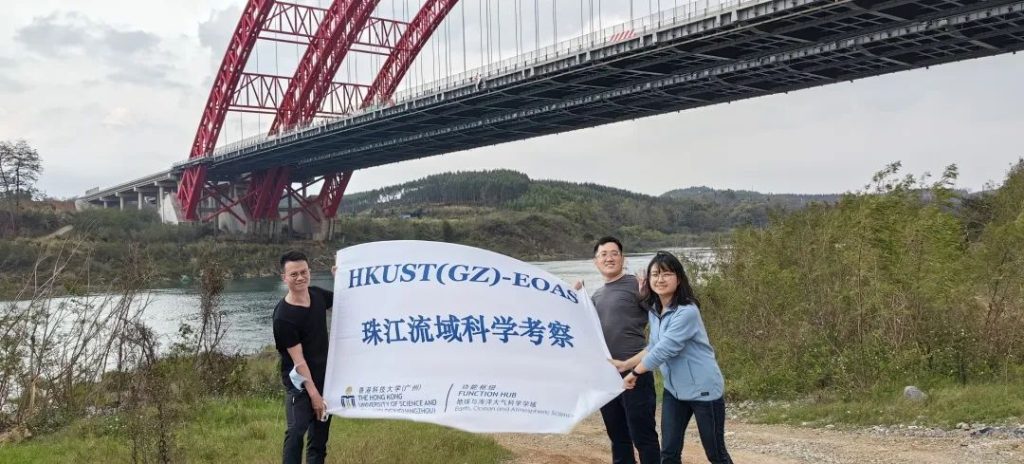
"While much knowledge can be obtained from literature and many results can be derived from data analysis and modeling, our thrust is intimately connected to human activity, and there is still a need for fieldwork." - This was the original intent of the research team as they set out on their journey.
The scientific investigation along the way faced many challenges, including the pandemic-induced interruption of their work, as well as situations where they encountered flat tires and were unable to obtain supplies on time. With one car and five people, Liu Yi and his team traveled to mountainous and rural areas, covering a daily distance of 200-300 kilometers and conducting a "road movie"-style scientific investigation. However, unlike the smooth roads often depicted in road movies, the team had to navigate winding routes as they conducted their research across different river basins.
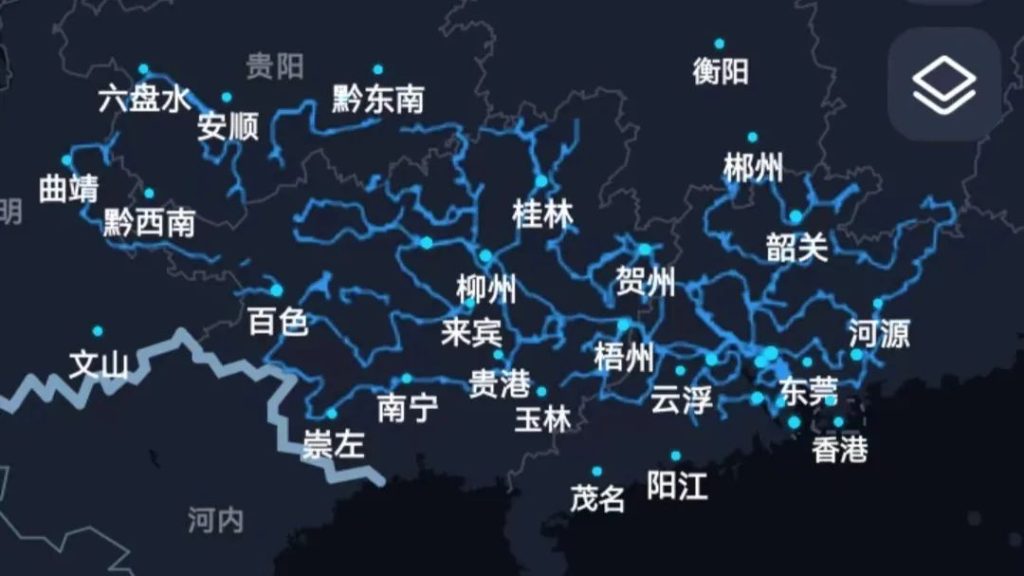
The Yunnan-Guizhou Plateau has a unique terrain that offers breathtaking scenery to tourists. However, for the scientific investigation team, the area is challenging and treacherous. They had to drive up the mountains, climb to the mountaintops, and then descend to the valleys below to collect samples. Most of the sampling locations were rarely visited by people, and the team had to blaze a trail step by step to reach their destination.
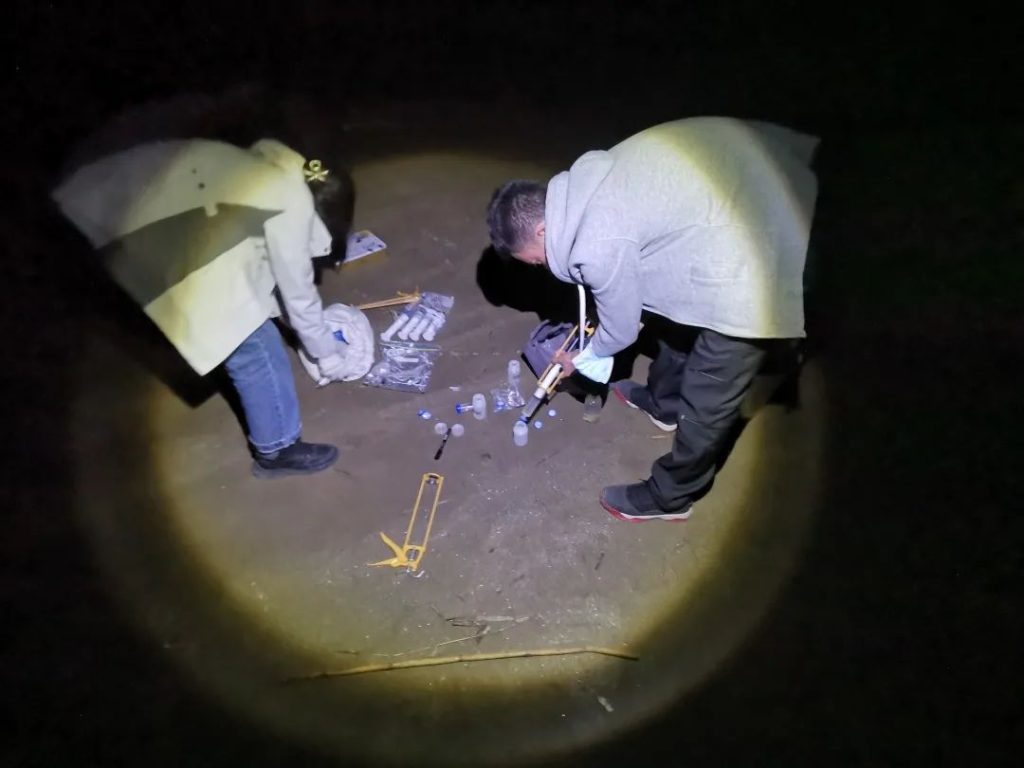
To Liu Yi's surprise, the young people from HKUST(GZ) were not coddled or spoiled, but rather hardworking and resilient. When the scientific investigation team set off, they were hit by the outbreak of the pandemic, and team members fell ill one after another. After recovering, they faced the challenge of conducting the investigation during the Chinese New Year holiday, which threatened to slow them down. However, at this crucial moment, the team members selflessly suggested that they forgo their holiday break, which deeply moved Liu Yi.
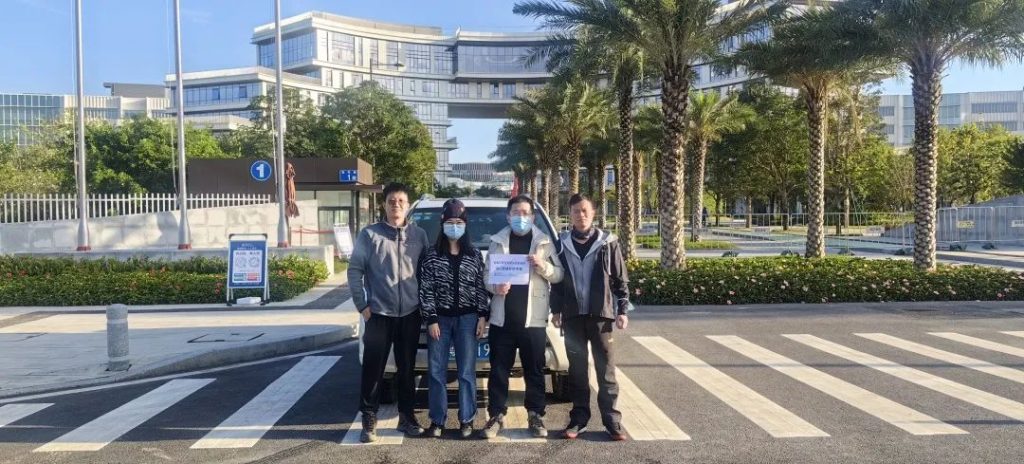

In addition to coping with unexpected situations, Liu Yi was pleasantly surprised by the team members' ability to learn quickly. Three of the members had not previously conducted fieldwork on such a large scale, so they had to learn how to use certain instruments, pay attention to important details at the site, and process samples on the spot. Moreover, all of the samples collected on a given day had to be processed and analyzed that same day. Despite the long hours and challenges, including spending most of a day conquering a single hill, the team members persevered to the end. It was heartening to see their dedication.
It can be said that during the scientific investigation, there were both breathtaking views of the beautiful land and scenery of our great country, as well as deep and quiet nights of focused and dedicated research.
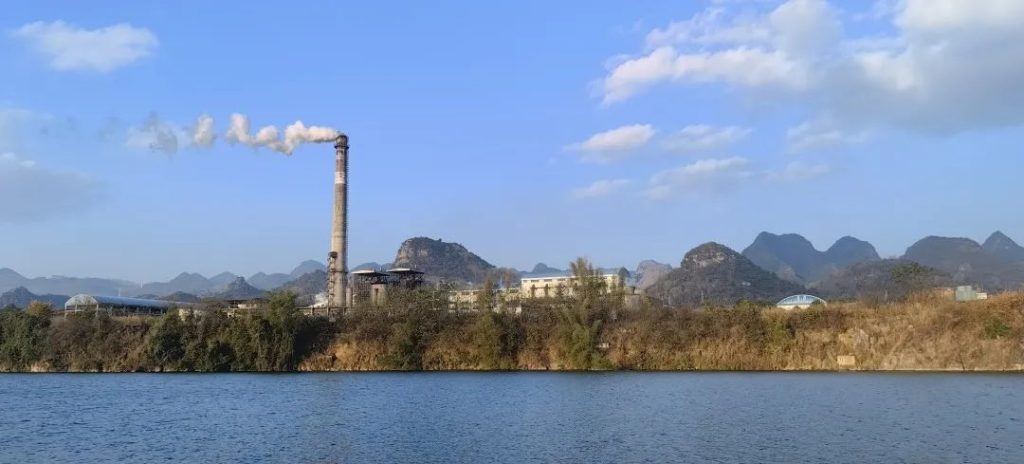
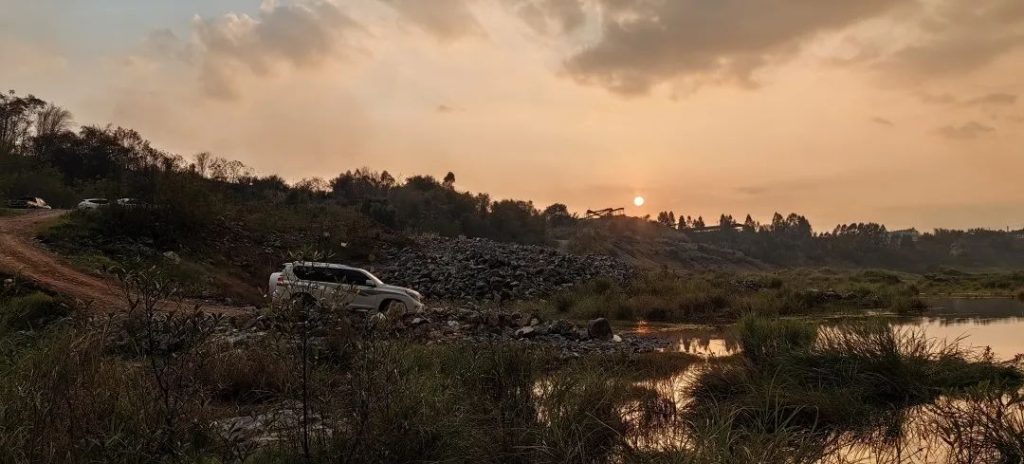
Liu Yi has high hopes for the young people of HKUST(GZ). He hopes that on such a good platform, with the advanced concepts of interdisciplinary studies, the students can persist in their scientific research ideals, explore the world outside, and steadfastly accomplish what they want to do.

Information Hub
Wang Zeyu: I repair cultural artifacts in the Metaverse
The Longmen Grottoes, located in Luoyang, Henan Province of China, is one of the largest repositories of stone-carving art in the world, featuring the most statues and the largest scale of its kind. It has been recognized by UNESCO as "the peak of Chinese stone-carving art." However, since its construction, the Longmen Grottoes have suffered severe damage from human theft and natural weathering. Especially during the first half of the last century, due to war and a lack of management, many cultural relics such as Buddhist statues, inscriptions, and reliefs were stolen and scattered overseas.
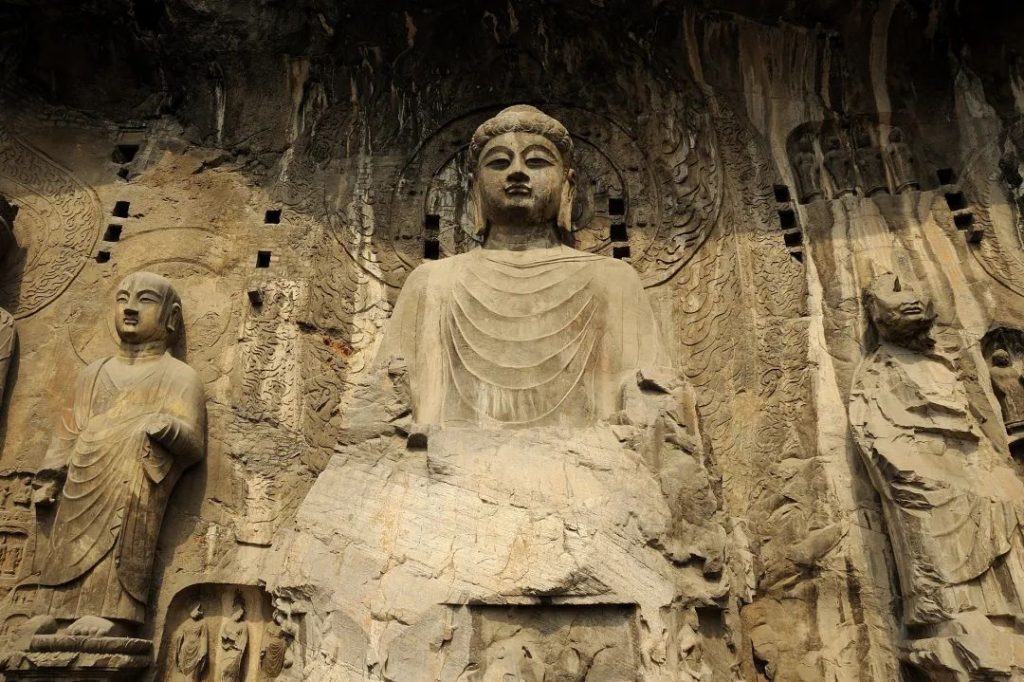
In collaboration with researchers from Peking University and Tianyuan 3D, Wang Zeyu's research team can now offer tourists an immersive and interactive experience of the reconstructed digital grottoes through VR glasses. Some cultural relics that have been lost or damaged can be digitally restored in 3D space.
Having participated in digital cultural heritage projects such as the reconstruction of ancient Syrian cities and motion capture of Dunhuang dance, Wang Zeyu has a deep understanding of the restoration of cultural relics in virtual worlds. "On the one hand, I feel heartbroken, but on the other hand, I hope that through scientific and technological means, including computer graphics, 3D visualization, and artificial intelligence, we can better protect and inherit the value of these cultural relics," he said.

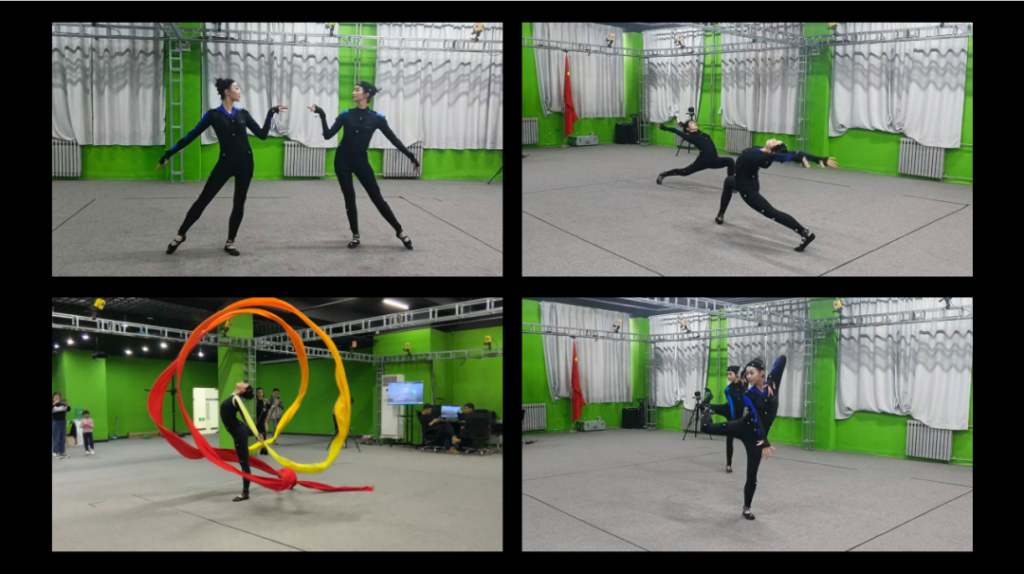
After graduating from Peking University, Wang Zeyu went to study at the Department of Computer Science at Yale University. Before leaving, he posted a message on his social media expressing his feelings: "This departure doesn't speak of lofty ambitions, but my friends and country are always in my heart." Last year, when Wang Zeyu returned to China and talked about the changes among young people, he noticed an interesting point: "On a macro level, our young people are becoming more and more confident and able to face the world on an equal footing, but at the same time, everyone experiences anxiety about their individual development."

In response to this phenomenon, Wang Zeyu offered some advice to the young people at HKUST(GZ): they should recognize that anxiety is normal and a sign of growth, but should also avoid falling into the trap of comparing themselves to others using a single metric. They should think more about research topics that truly interest them and cultivate a healthy mindset focused on personal growth, so that they can better stay true to themselves.

System Hub
Sun Xiaotong: A bicycle draws the blueprint for intelligent transportation
At HKUST(GZ), if teachers and students want to take public transportation to a nearby large shopping mall, the route is as follows: walk 10 minutes to the subway station after leaving the campus gate, take 5 stops on the subway, and then walk about 10 minutes to arrive. Under normal pedestrian traffic conditions, the one-way journey takes 36 minutes. If taking a taxi instead of walking, the time might be shorter, but it would require three payments for the entire trip.
Is there a platform that offers an "all-in-one" package? That is, regardless of how many modes of transportation are required to get from the starting point to the destination, only one payment is needed, and there's no need to waste time waiting for a ride on the roadside after getting off the subway, with seamless connections between each segment of the journey - this is what Sun Xiaotong and her team want to achieve at this stage.
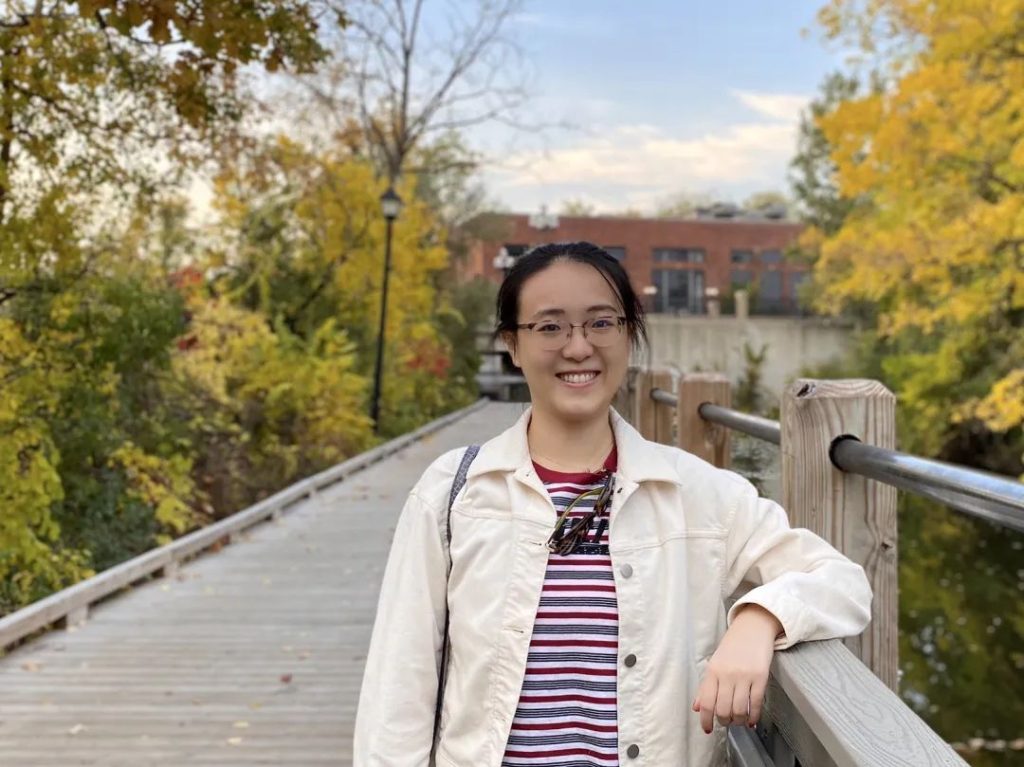
Distance is not the problem; the problem is how to reduce the time and energy costs of travel, balance different modes of transportation, and realize the concept of "Mobility-as-a-Service". Sun Xiaotong's research focuses on the planning, operation, and management of intelligent transportation systems. She analyzes the impact of new vehicle technologies and emerging travel patterns on transportation systems, and proposes new traffic management strategies using theoretical methods such as traffic network modeling and optimization, game theory, and mechanism design.
After coming to HKUST(GZ), in order to understand the transportation situation in Nansha, Sun Xiaotong took a shared bike and visited the streets and alleys of Nansha to investigate common transportation hubs. In her opinion, this hands-on research was not unusual. When she was an undergraduate student at Tongji University, Sun Xiaotong often participated in field investigations of transportation through coursework, research projects, and other opportunities, manually measuring traffic flow with her own eyes.
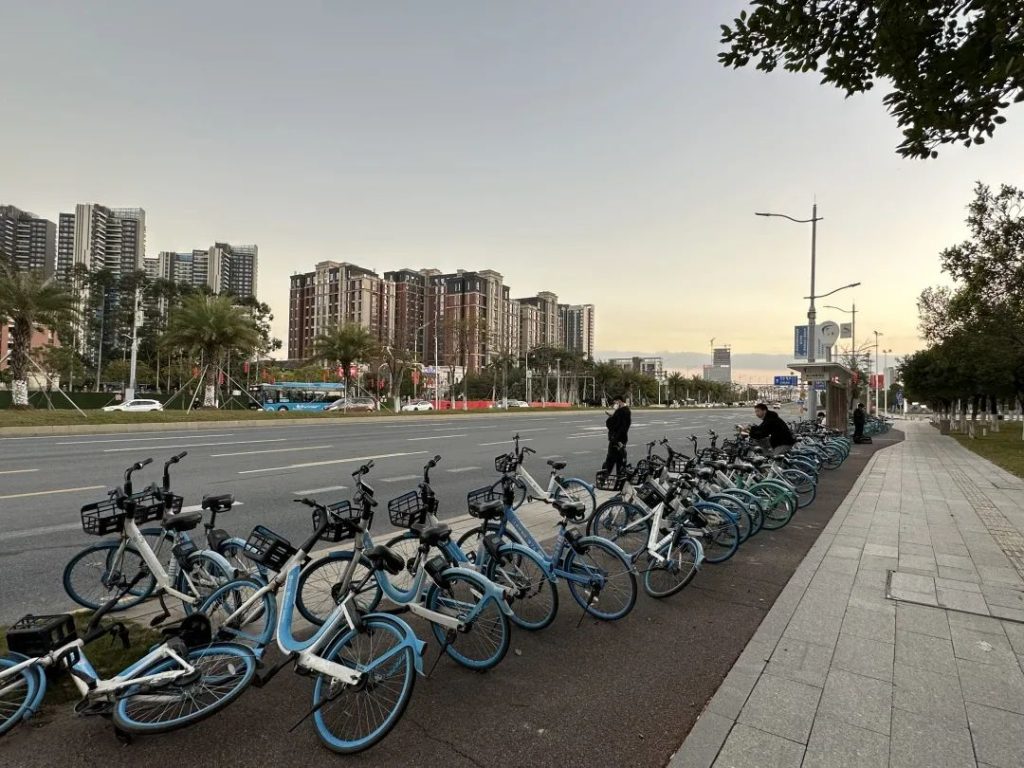
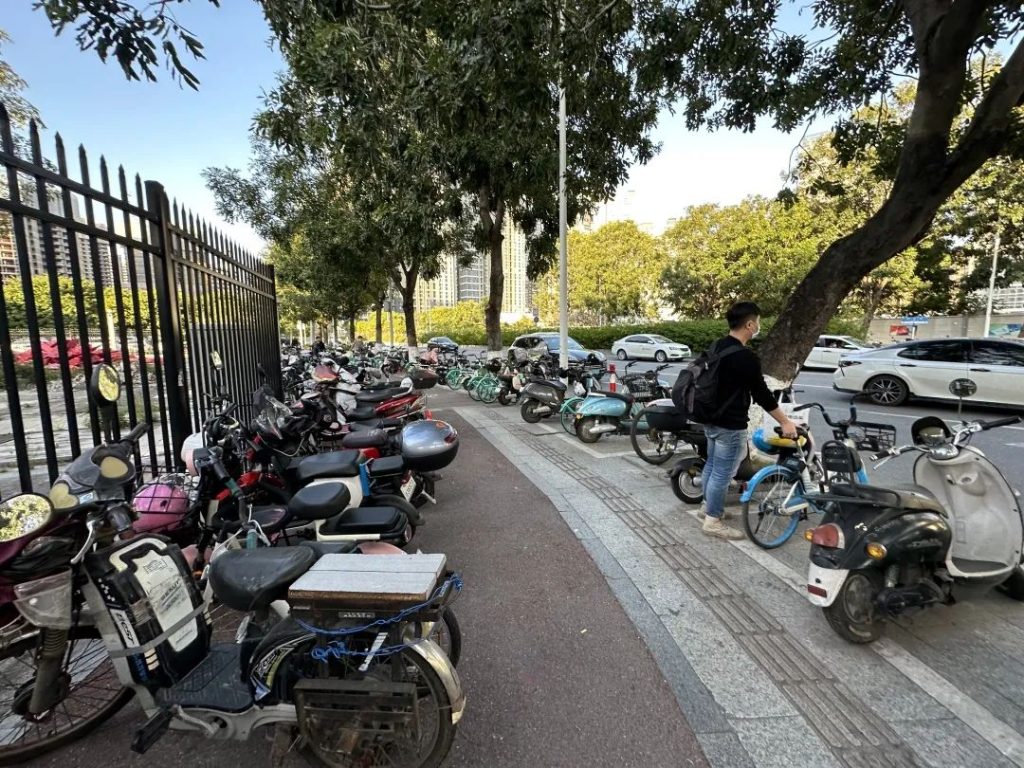
"Nansha is a good demonstration. Although it is some distance away from the center of Guangzhou, it has a well-developed and comprehensive multimodal transportation system within the region, including highways, buses, subways, and ports. Except for airports, all necessary public transport facilities are available. But why is the traffic still not smooth?" Sun Xiaotong found that transportation planners often only consider providing facilities, while ignoring the convenience of facility usage, resulting in a low utilization rate of the diverse transportation options available.
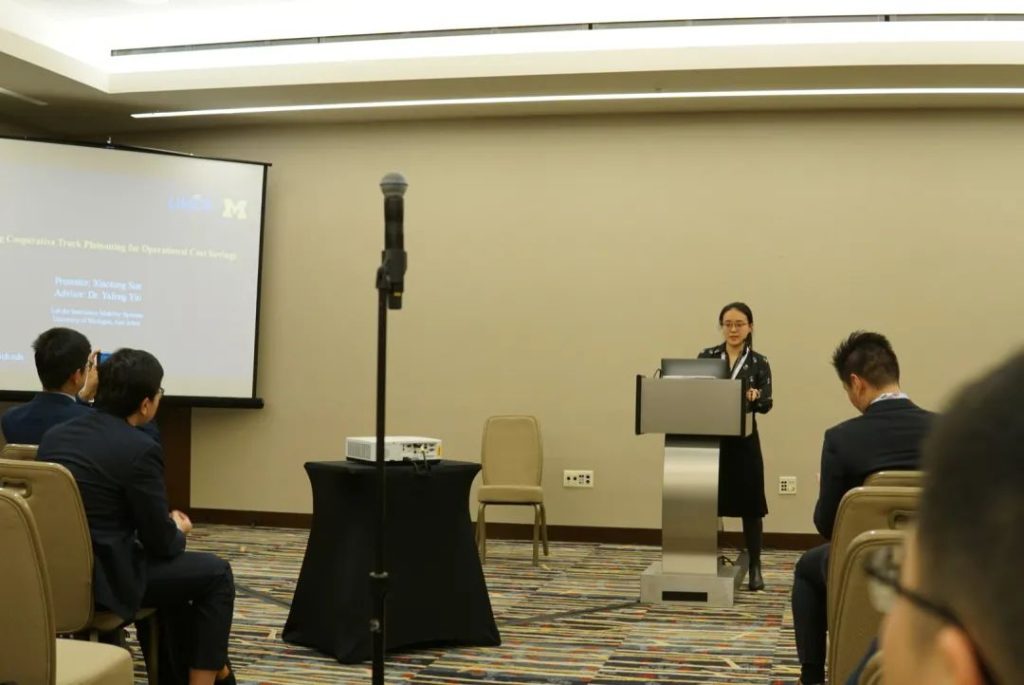
Transportation is a massive and complex issue that requires balancing user equity and system optimization. The most difficult aspect of this is changing people's habits. Sun Xiaotong believes that many researchers in the field of transportation systems only make small incremental progress throughout their entire careers, but this shouldn't discourage scientific research. "You must have your own subjective initiative and not passively accept the results given to you by society. Read more, think more, write more, discuss more, and communicate more," she said.

Society Hub
Zhou Muzhi: Using scientific research to open up more ways of life
Zhou Muzhi, who is interested in personal life course, has offered a course called "Life Course Research" at HKUST(GZ). The course introduces two quantitative analysis methods, "event history analysis" and "sequence analysis," and explains how they can be applied to study personal life events, major decisions, and other related issues. Many students commented after class that "this course is really interesting" and "after taking this course, my horizons have been broadened." With the increasing recognition of diversity in the world, the different life choices made by individuals can also showcase various forms of beauty, allowing young students to realize that "I don't have to be bound by a certain traditional way of life." This is the greatest benefit of Zhou Muzhi's course.
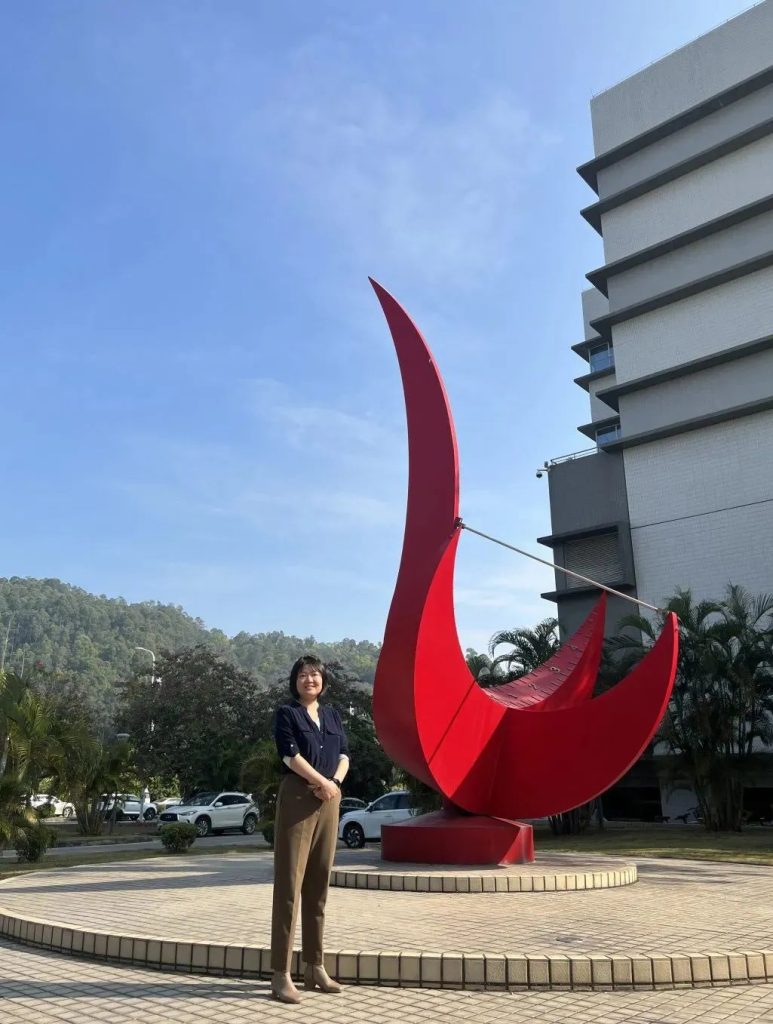
Having studied biochemistry during undergraduate, and working in auditing at a Big Four accounting firm after graduation, Zhou Muzhi has had a rich life experience. While pursuing her master's degree while working, and completing her doctorate at Oxford, she conducted a data survey during her doctoral research on whether fertility affects a woman's personal beliefs about self-realization. Most people believe that women who have children may spend more time at home with their children, but a random survey of 20,000 British women showed that a woman's self-value orientation after giving birth depends on whether she has found a job or not. In other words, if a mother finds a satisfactory job soon after having a child, she is more likely to believe in gender equality rather than traditional gender roles; if a mother cannot continue working for a long time after having a child, she may believe that women should be more traditional.
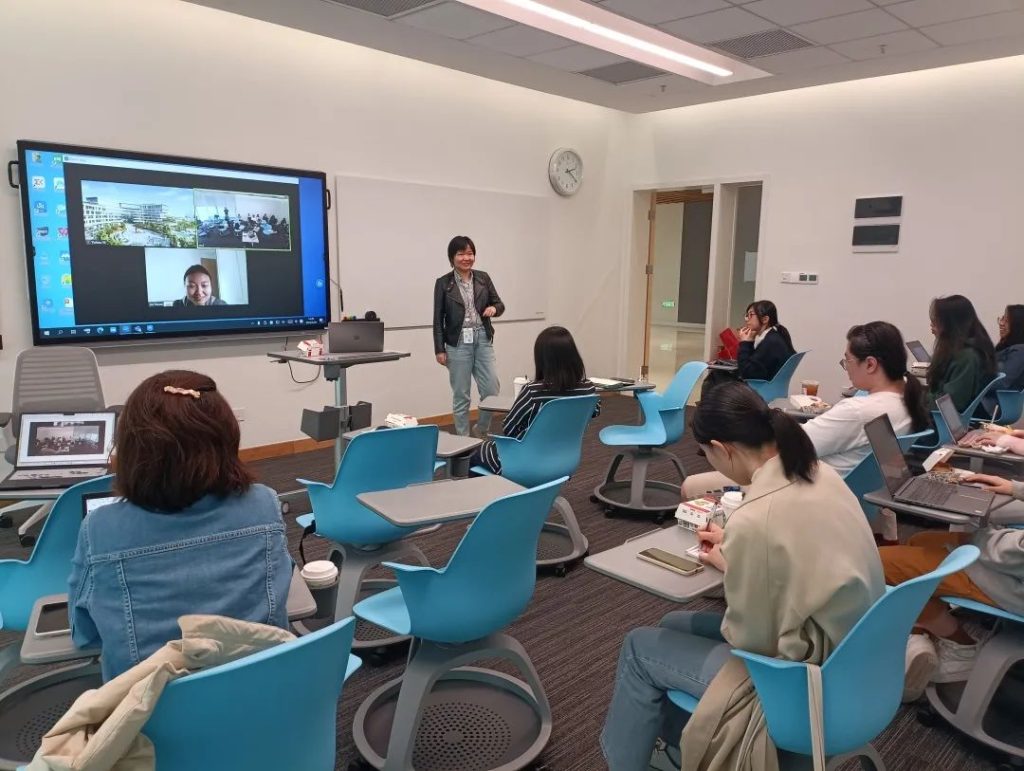
Data is the best proof. Zhou Muzhi, who has been engaged in marriage and family research, is often challenged by research data that overturns her previous beliefs. It is precisely because of these unexpected moments that Zhou Muzhi believes scientific research has changed the way she views the world.
At HKUST(GZ), students pursuing graduate and doctoral degrees are young adults facing important life choices. Some students have sought help from Zhou Muzhi when they feel lost or uncertain. Her answers often enlighten them. For the young researchers at HKUST(GZ) who are in the prime of their youth, Zhou Muzhi's evaluation of them is "wise." She hopes that all young people can let go of their anxieties and work diligently. The world is vast, and worrying less and taking more action is the best way forward.

Division of Red Bird MPhil
Zhou Jinni: Guiding students with the spirit of "pioneering"
Recently, Zhou Jinni led the "Touch the Metaverse" team composed of students from the Red Bird MPhil program to participate in the HKDAS Hackathon competition. They eventually won the championship and the "Most Innovative Award" among more than 130 teams in fierce competition.
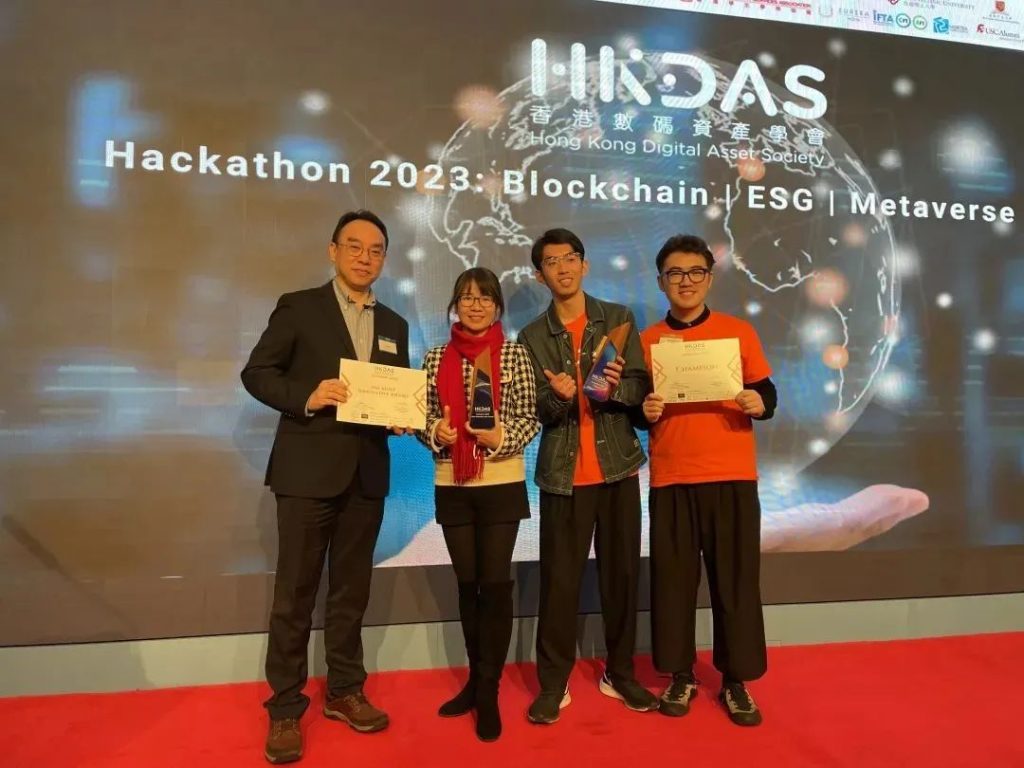
"Because the competition was so fierce, we had already prepared ourselves to come back with a consolation prize. But when we found out that we had won the championship, everyone was very excited. I think this is also a recognition of the Red Bird MPhil program's six-month free academic exploration training model," recalled Zhou Jinni.
"From the beginning, I have identified as an entrepreneur" and "have the spirit of a pioneer" - this is how Zhou Jinni evaluates herself. During the epidemic, in order to ensure that her classmates' projects could proceed smoothly, Zhou Jinni, who was already feeling unwell, still persisted in working until late at night. As a pioneer of a new school and a new model, Zhou Jinni has to mentor 32 students with different academic backgrounds and provide personalized guidance based on their project characteristics.
Zhou Jinni graduated from HKUST and was a student of Professor LI Zexiang, who had a deep influence on her. Her way of guiding students is also to encourage them to explore independently and conduct interdisciplinary research based on questions and needs. As early as the "Pilot Scheme" in 2019, Zhou Jinni began to use this training method. At that time, 13 students were recruited, all of whom had intentions to innovate and start businesses. In the end, two companies were born from these projects, laying the foundation for the establishment of the Red Bird MPhil program.
All students in the Red Bird MPhil program are required to take a course called "Design Thinking." As the person in charge of the course, Zhou Jinni explained that Design Thinking is a methodology that helps students discover needs, define problems, and iterate quickly with strong practicality. It is applicable to all disciplines and backgrounds, whether in science, technology, engineering, arts, humanities, or social sciences. This requires students who have always learned passively from knowledge and textbooks to adapt for a period of time. Facing these challenges, her encouragement to students is to "believe in themselves and explore bravely." She hopes that the young people at HKUST(GZ) can step out of their comfort zone, actively explore unknown fields, and constantly break through themselves.
Being diligent and innovative is the hallmark of young researchers at HKUST(GZ).
They will create the future world, and write the future of HKUST(GZ).




